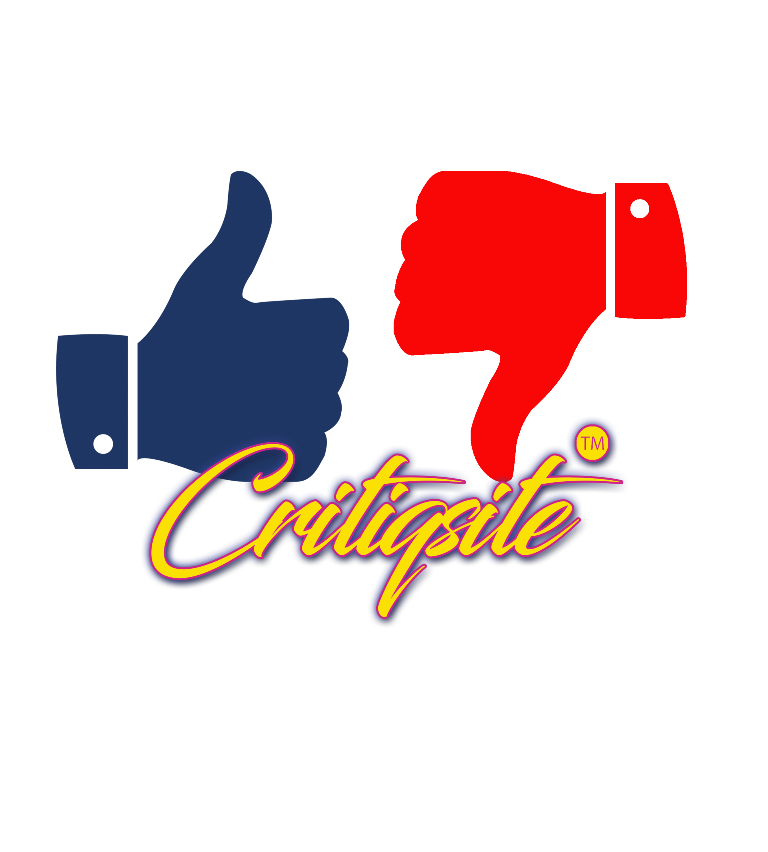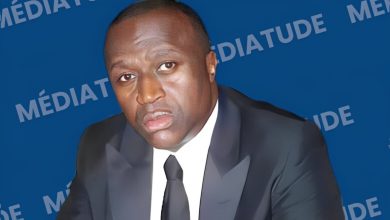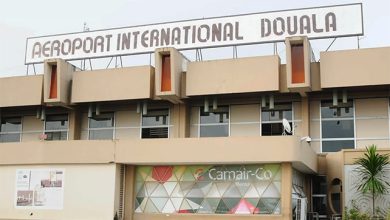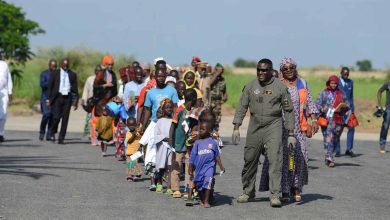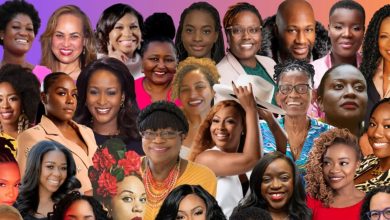Speculation Mounts as Cameroon&8217s Long-Serving Leader ...
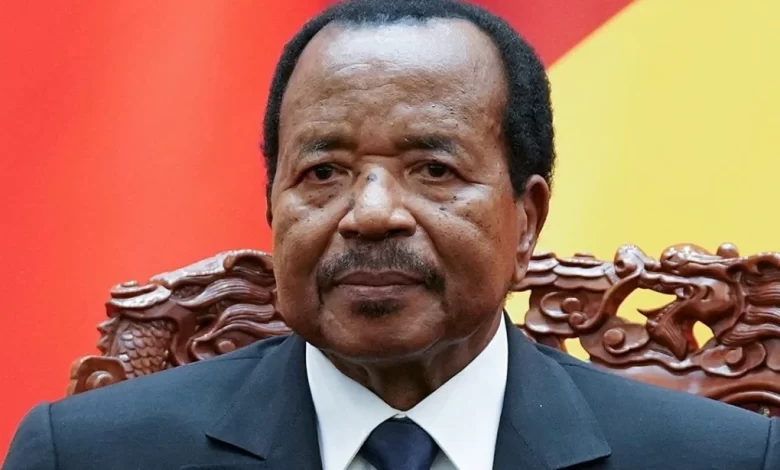
Speculation Mounts as Cameroon&8217s Long-Serving Leader ...
In a climate of uncertainty and whispered concerns, Cameroon finds itself at a crossroads as rumors swirl about the fate of its nonagenarian president, Paul Biya. The leader’s conspicuous absence following the China-Africa Summit in early September 2024 has ignited a firestorm of conjecture and apprehension, casting a shadow over the nation’s political landscape.
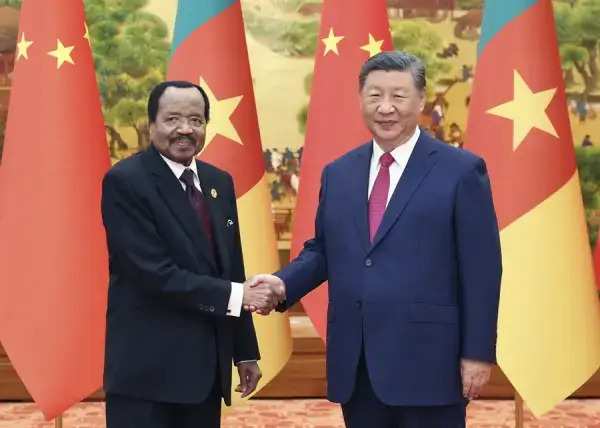
As the days stretch into weeks without official word on Biya’s whereabouts or condition, unease ripples through Cameroonian society. Some speculate the 91-year-old statesman is convalescing in Switzerland, while others claim he’s receiving medical care in France. The lack of transparency has prompted legal advocate Christian Ntimbane to pen an impassioned missive to Samuel Mvondo Ayolo, who helms the Civil Cabinet, imploring for clarity on the president’s status.
This information vacuum has given rise to a maelstrom of theories circulating on social media platforms. Whispers of French interference in Cameroonian succession politics abound, with some suggesting a plot to install Biya’s eldest son, Franck Emmanuel, as heir apparent. Conversely, others perceive this moment as a potential turning point, heralding the end of Biya’s protracted reign and the dawn of a new political era.
The situation is further complicated by murmurs of a pre-arranged transition scheme, with Biya’s brother-in-law, Robert Nkili, allegedly poised to assume an interim role. However, this notion of dynastic succession faces potential pushback from opposition figures like Maurice Kamto, who may seize this opportunity to champion democratic reforms.
As Cameroon inches closer to its 2025 presidential election, the current crisis intersects with ongoing challenges, including the unresolved Anglophone conflict. This convergence of issues heightens the stakes for the nation’s political future and stability.
The atmosphere of uncertainty has cast a pall over Cameroon’s media landscape, with journalists and bloggers treading carefully in their reporting. Many fear repercussions for speculating about the president’s condition or questioning the official narrative. This self-censorship highlights the precarious state of free speech in the country, where those who dare to probe too deeply may face intimidation, legal troubles, or worse.







As Cameroon stands at this critical juncture, the absence of clear information fuels anxiety about the country’s trajectory. Will the nation witness a smooth transition of power, or will it descend into political turmoil? The coming weeks and months will be crucial in determining whether Cameroon can navigate these choppy waters and emerge as a more transparent, democratic society, or if it will remain mired in the politics of secrecy and speculation that have long characterized Biya’s marathon rule.
